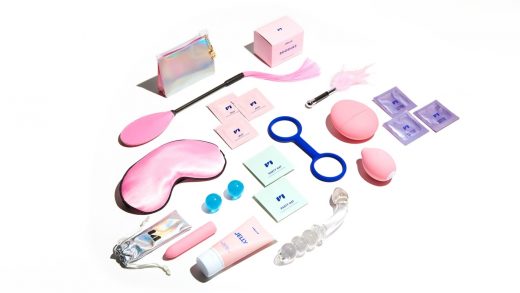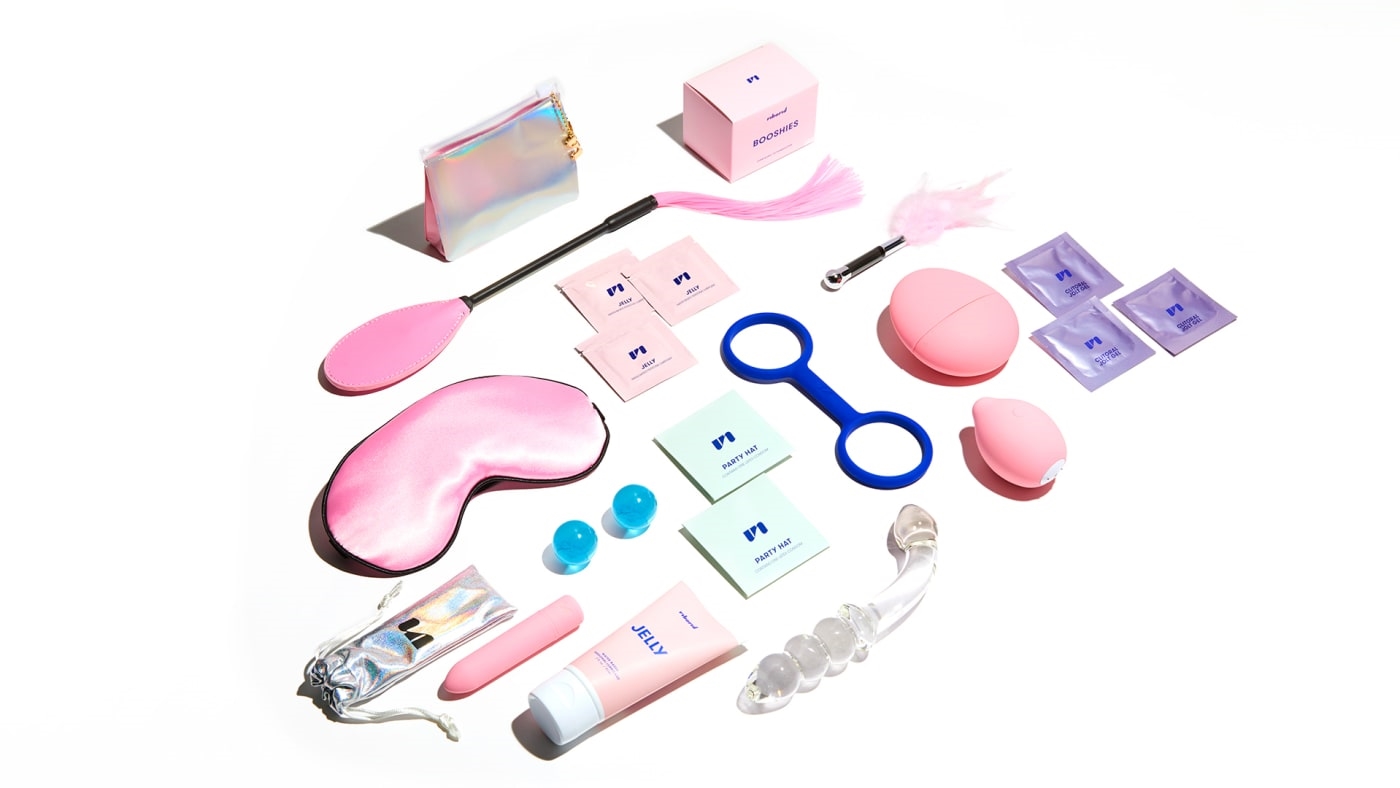I’m A Sex Tech Entrepreneur, And I’ve Seen #MeToo Coming For Years
“Will there be a live demo?”
I was standing in a room of male investors, thinking to myself, “Certainly this guy isn’t asking me to actually demonstrate the vibrator on my body . . . is he?”
When I first decided to fundraise for Unbound, a sexual well-being company, I expected raised eyebrows from investors. What I encountered, however, was more like that old Minesweeper computer game. I’d delicately try to reframe our industry as “sexual wellness” or “sexual health,” in an attempt to lessen the blow. But when it came down to actually explaining what we make and sell—KABLOOEY! There go the mines.
American attitudes toward sex have long been a minefield. Our culture likes to bury its sexual anxieties and all-purpose misogyny just beneath the surface, where they can still do plenty of harm. But the detonations lately have been been more frequent and explosive than at any other time in recent memory, and many have been shocked by the outpouring of allegations against sexual predators in positions of power.
I haven’t been shocked.
As an entrepreneur whose company makes products like vibrators and personal lubricants, I’ve had a front-row seat to the assumptions, biases, and stigmas surrounding sex and gender that underlie virtually every terrible experience of harassment or assault shared beneath the banner of #MeToo. But I’ve also come to understand what it might take to rethink the most damaging of those beliefs–and make our society safer and healthier for everyone.
What We Lose When We Don’t Discuss Sex
In my early days as a startup founder, I found it fascinating to watch investors’ faces when I’d present Unbound. Over the course of over 200-plus pitches, I began to notice two patterns of how investors 45 and older would typically react: The men would routinely make immature jokes, and the women would act disgusted and disengage.
When I had colon cancer at 21, I had an ileostomy bag. It was disgusting. Colon cancer is pretty gross in general, but it taught me that there are certain truths about our bodies—inevitable facts we cannot avoid. We eat, we poop, we sleep, we have sex, we procreate, and we die. These topics might make us uneasy or uncomfortable, but they are the undeniable laws of nature.
So it initially surprised me when groups of intellectually and financially elite individuals showed themselves to be completely incapable of talking about human sexuality objectively and openly—both as a concept and a massive business opportunity. It was also interesting to see the stark difference between men and women. Men, engaging in the conversation in the most obviously immature way; women, closing themselves off from it completely.
I’ve since come to understand these reactions as symptoms of a much larger, systemic problem. They were warning signs about repressed and repressive ideas in every field, not just the niche I work in. In fact, sex tech isn’t some “edge case” where prudish responses should be expected, it’s the reverse: a business that concentrates all the issues, assumptions, and anxieties about gender, power, and sexuality that run–diluted–through the whole of society.

It all comes down to a couple of facts. For starters, few Americans have experienced an honest education around sex as a whole. In addition, there’s an egregious disconnect when it comes to how our society perceives female sexuality, specifically. Whereas young men are taught that their sexuality is a natural urge, women are put on the defensive starting in puberty, learning instead how to combat male pressure and avoid pregnancy. We’re given necessary but ultimately incomplete information when it comes to our sexuality. As a result, most of what I’ve learned about sex was self-taught, usually wrong, and caused a painful amount of shame.
When men don’t learn to respect female pleasure (ahem, the clitoris) and young women don’t get permission to healthfully own theirs, abusive sexual behavior is all but inevitable. I became a sex tech entrepreneur in order to change all that.
Striking At The Roots
Both my company, Unbound, and the organization I cofounded, called The Women of Sex Tech, are committed to honestly and approachably addressing sex and female sexuality head-on, with thoughtful messaging, quality tools, and inclusive education. And luckily, I’m not alone. There are now hundreds of brilliant women and femme-identifying individuals starting companies all over the globe, building world-class products and platforms to solve these problems.
These companies are out to do a lot more than just sell vibrators that aren’t shaped like penises. The goal is to intelligently normalize a taboo topic, and in the process, solve not just the superficial issues but to strike at their roots. It’s not enough to tell an investor that his derogatory comments are wrong, or that her cold stare is unwarranted, but to change the thought processes–about gender, sexuality, and power–that lead to those reactions in the first place.
When we learn to talk about sex differently, and when we begin to tell women that their sexuality is important, we give them a voice to speak out about their sexual needs and desires–and simultaneously, if need be, about sexual harassment and abuse. It’s pretty much impossible to do either thing in isolation.
The way you win Minesweeper is by safely clearing the ground around buried mines. It’s only when you’ve swept the whole terrain successfully that all that undetonated ordnance is exposed to the open air. Trust me, it can be done.
Polly Rodriguez is the CEO of Unbound, a sexual well-being company aimed at empowering women through encouraging sexual exploration and education.
This story reflects the views of this author, but not necessarily the editorial position of Fast Company.
(56)



